Best movies like Zhu De & Agnes Smedley
A unique, carefully handpicked, selection of the best movies like Zhu De & Agnes Smedley Starring Liu Huaizheng, and more. If you liked Zhu De & Agnes Smedley then you may also like: Up in the Wind, Reds, The Rum Diary, The Knot, China Gate and many more popular movies featured on this list. You can further filter the list even more or get a random selection from the list of similar movies, to make your selection even easier.
American journalist Smedley visits Zhu De and is attracted by his personality.
You may filter the list of movies on this page for a more refined, personalized selection of movies.
Still not sure what to watch click the recommend buttun below to get a movie recommendation selected from all the movies on this list
Reds
An account of the revolutionary years of the legendary American journalist John Reed, who shared his adventurous professional life with his radical commitment to the socialist revolution in Russia, his dream of spreading its principles among the members of the American working class, and his troubled romantic relationship with the writer Louise Bryant.
The Rum Diary
Tired of the noise and madness of New York and the crushing conventions of late Eisenhower-era America, itinerant journalist Paul Kemp travels to the pristine island of Puerto Rico to write for a local San Juan newspaper run by the downtrodden editor Lotterman. Adopting the rum-soaked lifestyle of the late ‘50s version of Hemingway’s 'The Lost Generation', Paul soon becomes entangled with a very attractive American woman and her fiancée, a businessman involved in shady property development deals. It is within this world that Kemp ultimately discovers his true voice as a writer and integrity as a man.
The Knot
They fell in love; Chen Qiushui was 20. Wang Biyun was 18. When Qiushui fled Taiwan after the 228 Massacre, Biyun gave him a gold engagement ring and they promised to meet again. Qiushui served as an army doctor during the Korean War, where he met Wang Jindi, a nurse from Shanghai who fell in love with him instantly. Years had gone by, Qiushui married Jindi and settled in Tibet. While in Taiwan, Biyun buried Qiushui's mother and continued to pray for his return. Flashback to modern time, Biyun is living in New York. Her niece played by Isabella Leong, a writer, has travelled to Tibet to find out what happened to Qiushui. Through the pictures she sends back via internet, Biyun finally gets to see the familiar face once again.
China Gate
Near the end of the French phase of the Vietnam War, a group of mercenaries are recruited to travel through enemy territory to the Chinese border.
Fit Lover
This film centers on Nie Bing, a high-profile TV hostess, who is obsessed with trying to find her "ideal man" before her 30th birthday. Nie Bing is given a magic car by a mischievous angel, and a different handsome man -one of the 12 featured A-list actors from China, Taiwan and Japan- appears each time she drives it. Lam's character soon collects a dozen admirers, portrayed by A-list actors from China, Taiwan, and Japan, each with a different profession, personality, and ideas of what constitutes romance
Shanghai Calling
When ambitious New York attorney Sam is sent to Shanghai on assignment, he immediately stumbles into a legal mess that could end his career. With the help of a beautiful relocation specialist, a well-connected old-timer, a clever journalist, and a street-smart legal assistant, Sam might just save his job, find romance, and learn to appreciate the beauty and wonders of Shanghai.
The Trials of Henry Kissinger
This riveting documentary depicts former Secretary of State Henry Kissinger as a warmonger responsible for military cover-ups in Vietnam, Cambodia and East Timor, as well as the assassination of a Chilean leader in 1970. Based on a book by journalist Christopher Hitchens, the film includes interviews with historians, political analysts and such journalists as New York Times writer William Safire, a former Nixon speechwriter.
Stalker
When novelist Paula Martin retreats to the seclusion of her family home Crows Hall she hopes to clear her mind and focus on her new book. The arrival of an assistant, Linda, should take the pressure off... but as the bodies pile up, Paula finds herself trapped in a terrifying nightmare of murder and madness.
The Agronomist
Documentary on Jean Dominique, Haitian radio personality and human rights activist.
Milena
Prague, 1920. Milena's father wants her to follow in his footsteps and be one of the first female doctors in Czechoslovakia, but she is determined to be a writer. She elopes to Vienna with the Jewish music critic Ernst Pollak, and starts a correspondence with Franz Kafka. She leaves Pollak and returns to Prague with her father, where she befriends and translates Kafka. As a journalist, Milena covers the 1923 Ruhr worker's strike and meets the communist architect Jaromir.
Pavilion of Women
With World War 2 looming, a prominent family in China must confront the contrasting ideas of traditionalism, communism and Western thinking, while dealing with the most important ideal of all: love and its meaning in society.
Hibiscus Town
Based on a novel by the same name written by Gu Hua, a melodrama about the life and travails of a young woman who lives through the turmoil of the Cultural Revolution.
Eleni
Nick is a writer in New York when he gets posted to a bureau in Greece. He has waited 30 years for this. He wants to know why his mother was killed in the civil war years earlier. In a parallel plot line we see Nick as a young boy and his family as they struggle to survive in the occupied Greek hillside. The plot lines converge as Nick's investigations bring him closer to the answers.
The Revolutionary
"A", a member of a student protest organization, becomes disenchanted by his group's inability to effect real change. Emboldened to pursue more radical methods by the older, experienced leftist organizer Despard, "A" unwittingly becomes party to a labor strike that turns violent. Ultimately held responsible by the authorities for the fracas, "A" allies himself with terrorist Leonard, who intends to avenge those jailed in the protest.
The Lion's Den
A group of Staten Island radicals lead by ex-philosophy student Marie and her boozy filmmaker boyfriend Nick attempt to kidnap the CEO of the Leo Corporation but instead accidentally capture Daniel, a nutty small time accountant. With Daniel in custody at their commune, several of the radicals attempt to 'revolutionize the bedroom', an endeavor further complicated by a surprise visit from Marie's tough boy ex-lover Junior. (from IMDB)
The Founding of an Army
The Founding of an Army is a 2017 Chinese film commissioned by China's government to commemorate the 90th anniversary of the founding of the People's Liberation Army.
The Shoplifters
A series of tableaux depicting the follies of a group of naïve Marxist would-be radicals who think that they want to be revolutionaries, but in the final analysis, what they really want is to be seen wearing berets.
Melancholia
Art critic Keller, a German ex-pat living in London, is confronted by his radical 1960s past when he's asked to assassinate a Chilean murderer who is on a visit to London.
Cambodia, Pol Pot and the Khmer Rouge
Between April, 1975 and January, 1979, Pol Pot and the Khmer Rouge were responsible for the deaths of 1.7 million people in Cambodia. A quarter of the population were wiped out in one of the most brutal and virulent genocides of the twentieth century. This new film explores the life of Pol Pot, the ever-smiling, obsessively secretive leader of the Khmer Rouge. What drove him to inflict such a radical experiment on his own people? How did the Khmer Rouge turn from a band of nationalist revolutionaries into a ruthless killing machine? And why did the West stand by and let it happen? As an international tribunal in Cambodia finally brings the surviving leaders of the Khmer Rouge to justice, it's time to re-examine the gruesome legacy of Pol Pot.
Tutankhamun: The Truth Uncovered
What killed King Tutankhamun? Ever since his spectacular tomb was discovered, the boy king has been the most famous pharaoh of all ancient Egypt. But his mysterious death, at just 19 years old, has never been explained. In this BBC One special, presenter Dallas Campbell reveals new scientific research and carries out unique experiments to get to the truth. For the first time, a virtual autopsy of Tut's mummified body reveals astonishing secrets about the pharaoh. Using CT scan data, the programme creates the first ever full size, scientifically accurate image of the real Tutankhamun. Brand new DNA analysis uncovers a shocking secret about Tut's family background, and the genetic trail of clues leads to a radical and revolutionary new theory to explain Tut's sudden and unexpected death. This is an epic detective story that uncovers the extraordinary truth of the boy behind the golden mask.
Legacy of the Hollywood Blacklist
This one-hour film, narrated by Actor BURT LANCASTER, explores the lingering effects of The Hollywood Blacklist, which occurred in the late forties and early fifties as part of the Anti-Communist witch-hunts that terrorized the nation. This film is seen through the eyes of the wives and children of the now deceased Hollywood figures whose careers were destroyed when studio bosses, along with guild and union officials capitulated to the demands of the House Un-American Activities Committee.
American Reds: The Failed Revolution
The documentary AMERICAN REDS provides a historical overview of 20th century Communism and the growth, decline and contemporary relevance of the Communist Party, USA (CPUSA). Since its founding in 1919, the CPUSA has championed the struggles for democracy, labor rights, women’s equality, and racial justice. During its heyday in the 1930s and 1940s, it attracted millions of Americans to support its causes and almost 100,000 men and women to enlist in its ranks. The film begins with the Party's emergence as a small militant sect in the 1920s and documents its rise to the foremost radical group in the United States during the Great Depression, fighting against racism, sexism and fascism, as well as for the rights of workers to organize. It ends with the decline of the Party during the Cold War under the assaults of the FBI and anti- communist crusades.
Tennessee Williams' South
The brutes and the belles. The gadflies and the good ol' boys. The taboos and the profound truths. They're all part of a tennessee state of mind -- a realm of places, personalities and ideas. Williams is front and center for this exploration, reading from his works, placing them in the context of his life, and serving as guide in visits to his career-shaping refuge in New Orleans and his later-day writing quarters in Key West. Also, dramatizations by distinguished actors -- including Jessica Tandy, Broadway's original Blanche DuBois, in a recreation of her A Streetcar Named Desire triumph -- give flesh-and-bone immediacy to some of the writer's famed works. In his own words. In his own places. The resilient character and memorable characters of one of our greatest writers reside in Tennessee Williams' South.
The Principles of Lust
Crippled by his writer's block, Paul enters into a new, exciting relationship with risk-taking Billy and super-sexy Juliette. As it becomes increasingly tangled, however, he must choose one of them over the other.
The Soong Sisters
The Soong family was a political dynasty in China that reached the highest levels of power. This film follows the lives of the three Soong daughters, who were educated in America and returned to China. Ai-ling married a wealthy and powerful businessman. Ching-ling married Sun Yat-sen, the revolutionary founder of modern China. Mei-ling married Chiang Kai-shek, China's leader during World War II. The sisters captured the world's fascination for their brilliant marriages and their strong influence on their nation.
The Pioneer
The story of Li Dazhao's revolutionary deeds from 1912 to 1927, and the story of the benevolent and revolutionary pioneers who were led by him to devote themselves to the great cause of Marxism
Fighting Youth
A radical campus group persuades student Carol Arlington to lead a protest of a college's football team. She manages to recruit Larry Davis, even though he is a star player for State's team.
The Birth of New China
In the spring and summer of 1949, the People's Liberation Army launched an offensive under the orders of Mao Zedong and Zhu De, they crossed the Yangtze River and Nanjing was liberated on April 23 which signaled the fall of the KMT regime, Chiang Kai-Shek fled to Taiwan; on October 1, 1949, Mao Zedong standing on the rostrum of Tiananmen, solemnly declared the foundation of the People's Republic of China.
Together We Live
A ham-handed cautionary fable against communism, the film concerns a group of Civil War veterans who are appalled by the burgeoning radical movement in America.
Bunshinsaba
A writer discovers that her husband is released from prison and is after her and her son soon she takes a hideout in an old house where mysterious events begin to happen.
If a Tree Falls: A Story of the Earth Liberation Front
Filmmaker Marshall Curry explores the inner workings of the Earth Liberation Front, a revolutionary movement devoted to crippling facilities involved in deforestation, while simultaneously offering a profile of Oregon ELF member Daniel McGowan, who was brought up on terrorism charges for his involvement with the radical group.
Hollywood on Trial
A detailed look at the events leading up to the blacklisting of Hollywood writers and artists. In October 1947 nineteen Hollywood personalities were subpoenaed by the House Committee on Un-American Activities to testify about their knowledge or possible involvement in the American Communist Party. The first ten to be called refused to cooperate, claiming their first amendment rights, were cited for contempt of Congress and sent to prison. They became known as the "Hollywood Ten" and this is their story.

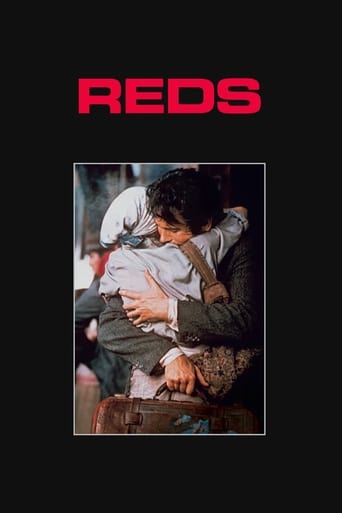











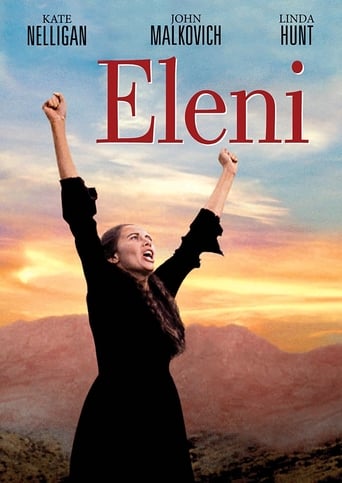

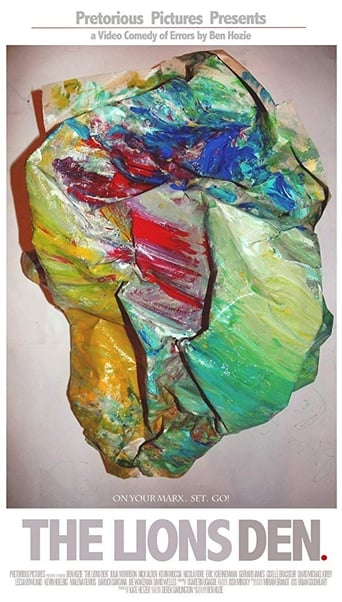

















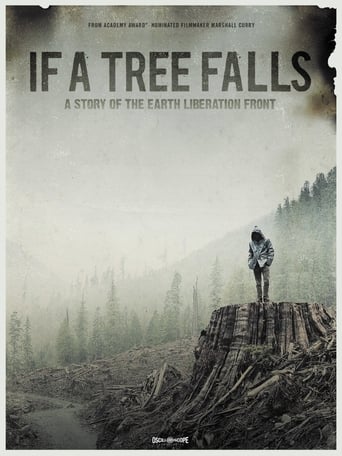
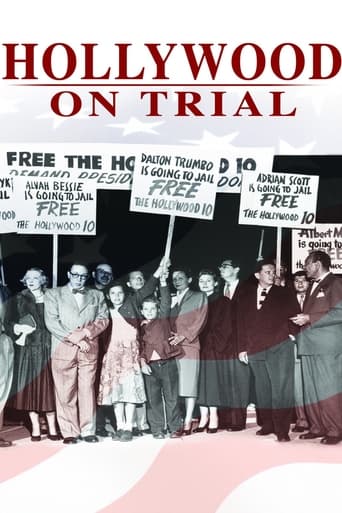

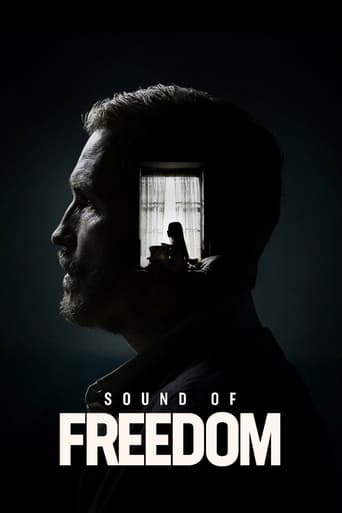

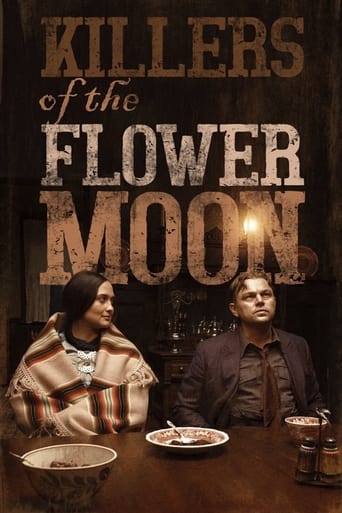


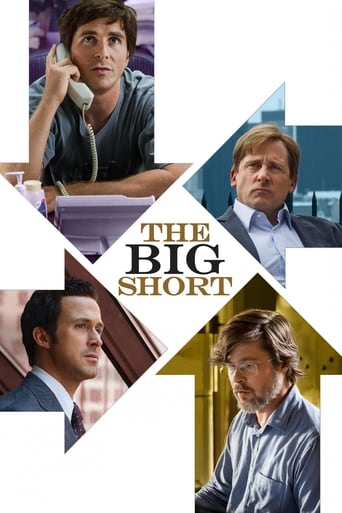
Up in the Wind
A Shanghai journalist finds spiritual comfort on assignment for a posh magazine in Nepal in Teng Huatao's gorgeously shot feature - part travelogue, part quest tale.